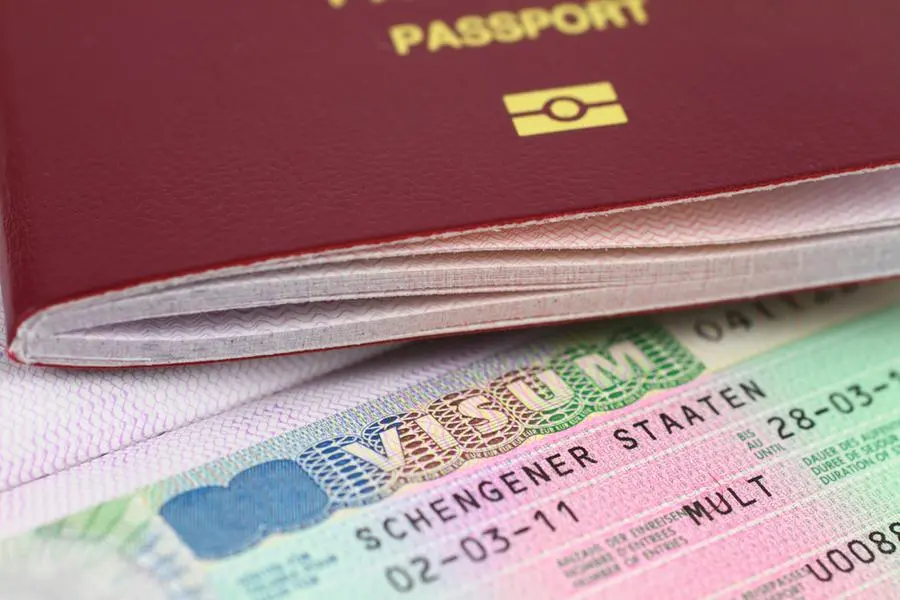PHOTO
Stamping of Schengen visas on passports will soon be a thing of the past for travellers from the UAE and around the world, with the European Union (EU) now working out a system to digitalise the application process.
Last week, the Members of the European Parliament (MEPs) approved a proposal to digitalise visa procedures in the Schengen area to speed up the processing of travel entry permits and promote security.
A total of 34 MEPs voted in favour of the proposal, while five members opposed, and 20 others abstained. The proposal seeks to lower the costs and “efforts” required to make a visa application.
Matjaž Nemec, a member of the EU Parliament, said the proposed changes will simplify the visa process and eventually replace the Schengen sticker with a digital visa.
“We want to deliver a modern, user-friendly digital solution for EU visa applications, along with simplified application procedures,” he said after the vote.
“Replacing the visa sticker with a digital visa would also reduce security risks posed by physical stickers, and a unified system would help people see the EU as a single geographical entity.”
In his report, Nemec has sought to ensure the new system is user-friendly, by removing barriers caused by language, disability status, lack of digital skills or poor internet connection.
What to expect
If the plan is implemented, visa applications from travellers wishing to visit any Schengen country will be processed on a single online platform. Applicants who are visiting multiple countries will be advised which country will receive their application.
“By digitalizing the visa application process for the Schengen area, the proposal aims to reduce the costs and efforts required to make an application, while ensuring harmonious practices throughout Europe and improving its security,” the EU Parliament said.
More than 8.8 million Schengen visa applications were submitted by travellers around the world in 2021, according to data published by digital platform SchengenVisaInfo. The applications were for airport transit, multiple entry and limited territorial validity visas.
(Reporting by Cleofe Maceda; editing by Seban Scaria)





















